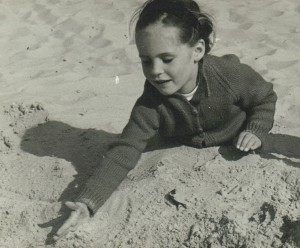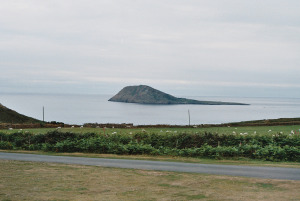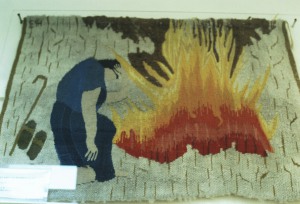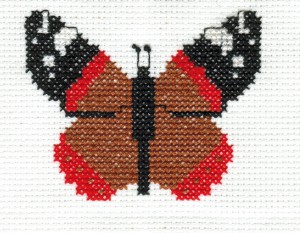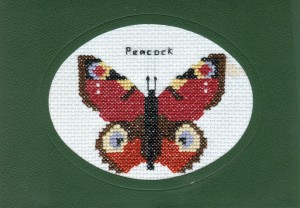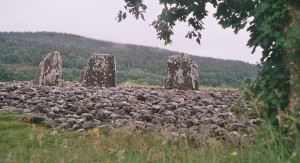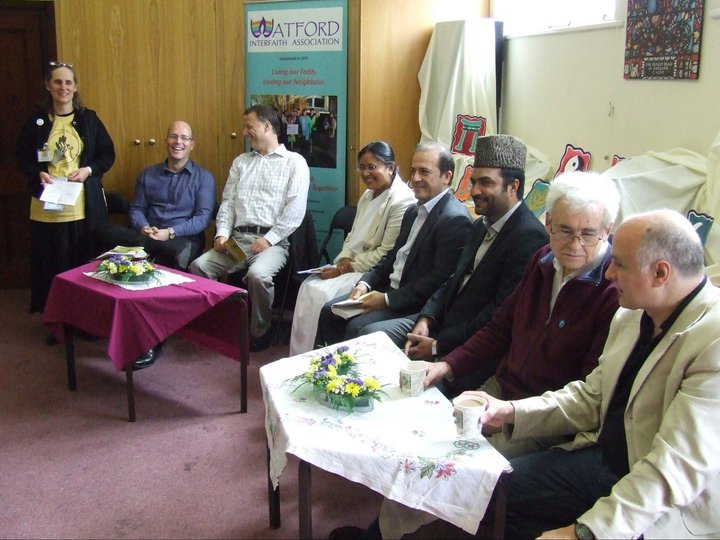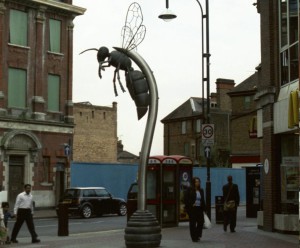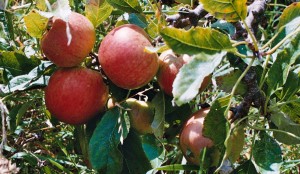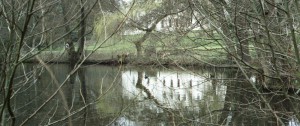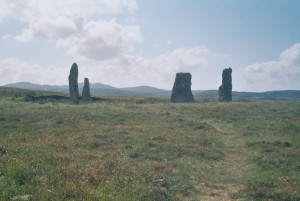Is it good to be young, or better to be more mature?
Having recently been studying the letters of Paul of Tarsus, one of his oft-quoted verses has been much in my mind: ‘When I was a child, I used to talk like a child, and think like a child, and argue like a child, but now I am a man, all childish ways are put behind me.’ 1 Corinthians 13:11 The Jerusalem Bible
In my faith journey there are times I need to put away childish things, to lay aside images and notions that no longer serve. The image of God in the clouds, of Heaven as a distinct place. But I must also realise that I am replacing them with other images, other notions. God as a benevolent force, Heaven as a reality here and now. I have to be prepared to let these go too.
There is a Buddhist story about a raft. The raft serves us well when we have a river to cross. But when we later come to a mountain that we must climb, we must abandon the raft which will only serve to hinder us.
In my experience, I also need to reclaim childish things. Trust, the moments of total absorption in the present moment, the awareness of Presence. I need to strip away the layers of defences that I have learnt, that I have been taught, that help me cope with day to day life. I need to become vulnerable, to be open to the movings of the Spirit. My first Reiki initiation helped considerably in peeling away some of the layers, healing me. That was why I wept so much.
Another phrase that has stayed with me recently is from David Amos writing in the Friend of 19 September: ‘People have told me that I am naive, which is not true. However, I am working very hard to get there.’ I think that is my aspiration too.

